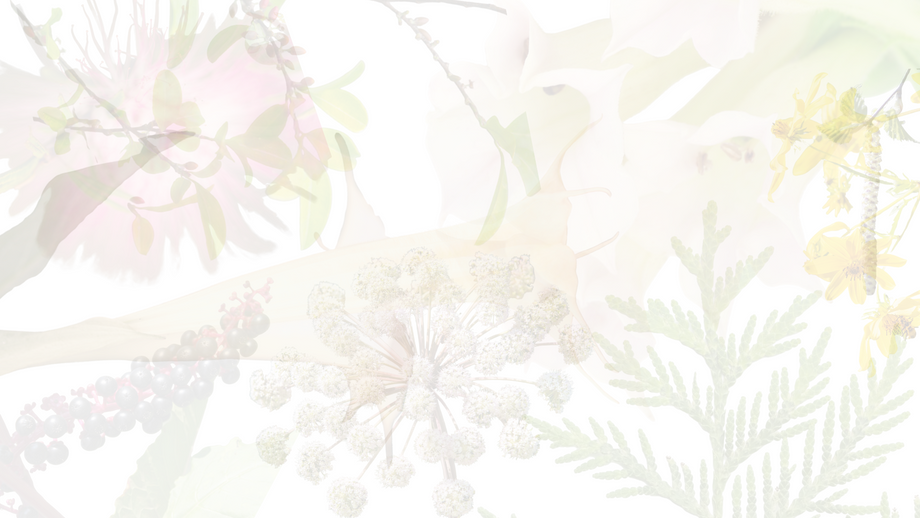The Commodification Of Ceremonies and Plant Medicine, and the Importance of Traditional Offerings


Over the past few decades the attempted commodification of medicine and spiritual knowledge has become rampant. Perhaps some of the people who have been participating in this process have good intentions but are simply naive to the ceremonial protocols which have been upheld among Indigenous humans from all continents from time immemorial. Perhaps some people know of these protocols but simply cannot find another way to support their lifestyles.
More recently, the dilution and corruption of medicine work which occurs when a person is offering their ceremonies to others at a set monetary fee has become so apparent that Indigenous leaders from across the globe have held meetings, released statements, created rallies, participated in documentaries, and worked with any means possible to get the message out there;
Medicine and Ceremonies Are Not For Sale. You Cannot Buy Spirit.
The truth is, we need all the good medicine in this world we can get right now - all hands on deck. Not charging a fixed monetary fee for ceremonial and healing work should not discourage those who have been given the gift of healing  medicine to share with the people. Medicine people need to eat too, and in the modern-day culture one needs money to do that. However, the donations which are given to the person facilitating the ceremony/healing are meant to be just that; donations, voluntary gifts from the heart. In this way, no one is ever turned away due to lack of funds while those who have more abundance can feel free to lovingly gift the healers and medicine people who are helping them. While it is a very sad reality in many modern Westernized communities that unless something has a specific price tag the people give it no value, it’s been my experience that it’s well worth the time (and at times discomfort) it takes to to address this simple concept to those who many not remember —> you get out what you put in, especially when it comes to ceremonies.
medicine to share with the people. Medicine people need to eat too, and in the modern-day culture one needs money to do that. However, the donations which are given to the person facilitating the ceremony/healing are meant to be just that; donations, voluntary gifts from the heart. In this way, no one is ever turned away due to lack of funds while those who have more abundance can feel free to lovingly gift the healers and medicine people who are helping them. While it is a very sad reality in many modern Westernized communities that unless something has a specific price tag the people give it no value, it’s been my experience that it’s well worth the time (and at times discomfort) it takes to to address this simple concept to those who many not remember —> you get out what you put in, especially when it comes to ceremonies.
Each and every one of the most potent and clear Medicine People who I have been lucky enough to know continue to invest energy into various non-ceremonial ways to help make their "bread and butter”. For example, making jewelry, weaving tapestries, classes, farming food, fishing, renting out a house, etc. The reason for this is that at the moment when a person decides to rely on donations and/or monetary support they receive through their ceremonial work as their only source of income is the moment when the medicine they carry opens itself to corruption.
While it is very true that there must always be reciprocity regarding the exchange between Medicine Person and ceremony attendee, it is a firm traditional understanding across generations and cultures that the attendee must give their offering voluntarily rather than from obligation.
It’s sad that within most modernized cultures this understanding has been lost or forgotten. Hence the argument for “suggested donations” in order to give those who have forgotten an opportunity to understand what an appropriate exchange would be. However, the suggested donation / sliding scale models of exchange for ceremonies and plant medicines still limit h that exchange to being monetary in nature and thereby still corrupt through commodification.

1 Response
Leave a comment
Comments will be approved before showing up.
Also in Original Instructions School Blog

The Medicinal Cotton Tree, an all purpose Herbal Ally first aide
With over 40 relatives in the Cotton family, we can look to them to provide head to tow support for the Survivors. How many generations have survived because of Cotton? Through the winters, tapestrys containing recipes and Instructions woven on a loom, spun in fine chalk living the Coconut Shell. How many Humans have died because of Cotton, elslaved, toturred, trafficked and murdered.

A Nourishing Stew Recipe (Spoiler Alert!...There is no recipe)
Recently, during an Herbalism Class Lecture, an attendee asked a brilliant question, following a tiny tangente on the many outstanding benefits of Lionś Mane Mushrooms. Their question was regarding any favorite stew recipes I have which incorpórate Lionś Mane Mushroom. This got brain sparked up, with wanting to share me favorite stew recipe of all time; the
FEEL YOUR BODY STEW
´Feel your body´stew is not new, but instead is the SAME old recipe that´s been done a thousand million ways since Humanity began to cook with heat.
We start out with just one key medicinally nutritional members of the Plant Nations, for our purposes today that shall be Lionś Mane Mushroom. In addition to their ability to support Human cognitive functioning through the growth of new healthy nerve pathways, Lionś Mane Mushroom is a wonderful source of proteína and amuno ácidos.






lily
November 06, 2018
Thinking about the difference in the emotional response to “paying a bill” and “giving a gift” makes this easy to understand. We imbue our gifts with so much positivity and good intentions, and have such a sagging, compulsory response to “fees,” — how could that not affect the experience of ceremony?